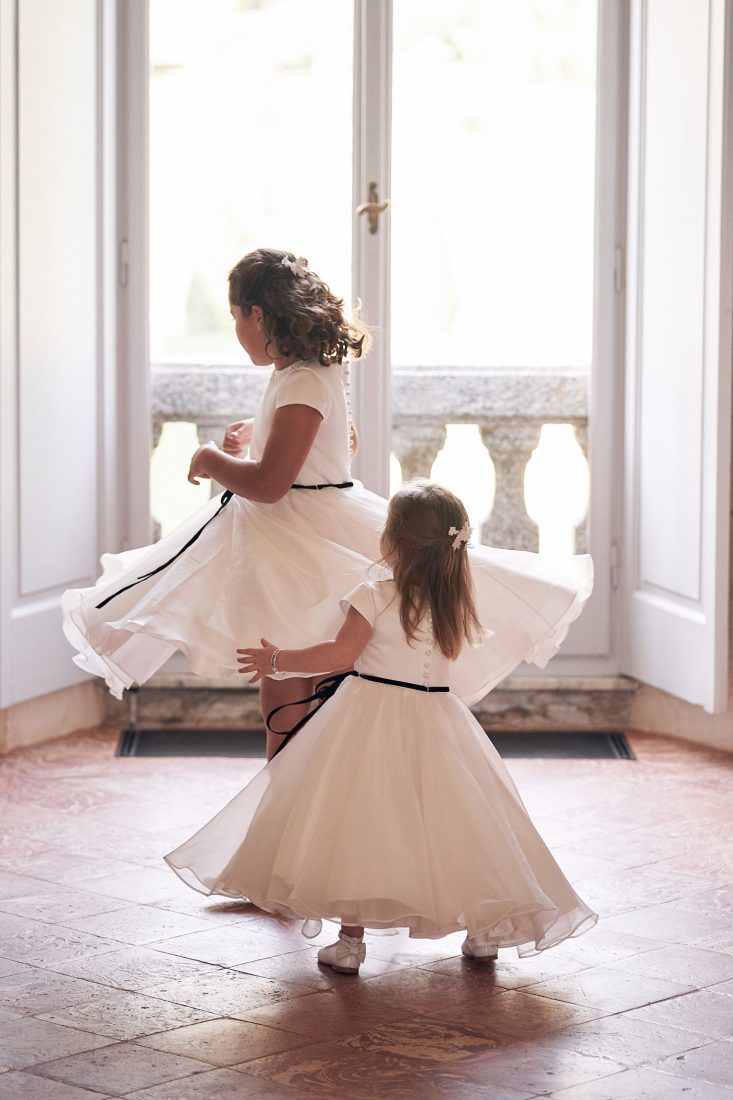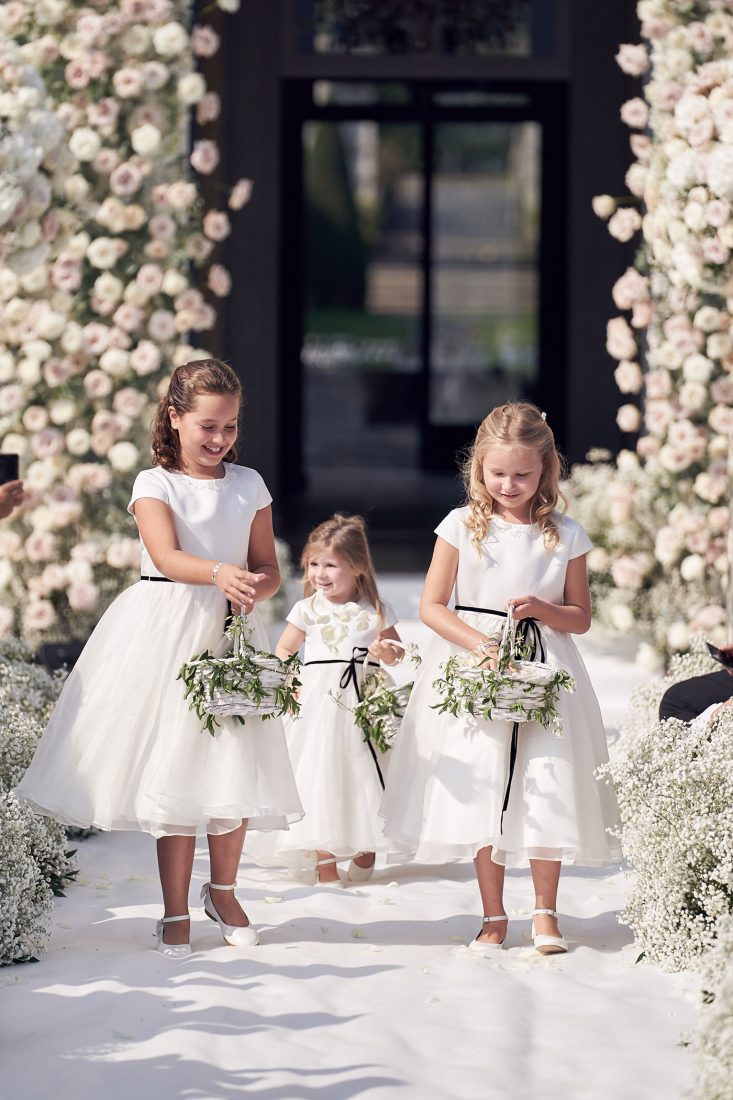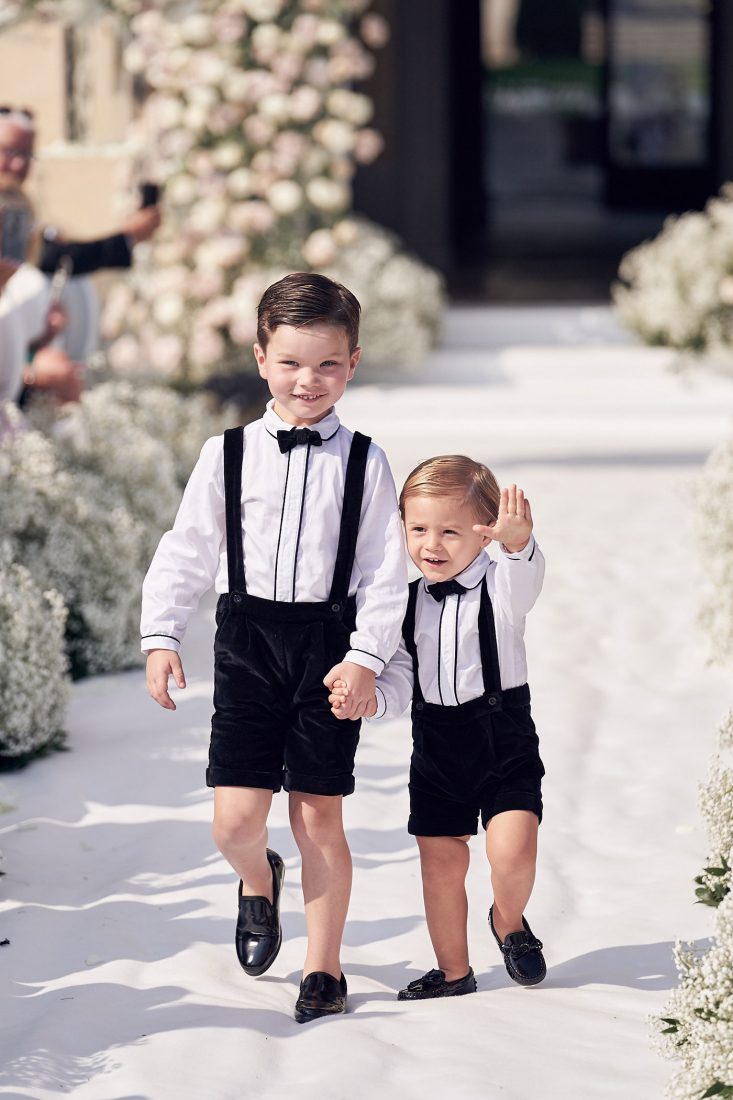Weddings Abroad: Frequently Asked Questions
Planning a destination wedding in Europe is a dream come true for many couples seeking romance, culture, and breathtaking landscapes as the backdrop to their special day. However, with the excitement of an overseas celebration comes a flurry of questions and considerations.
Getting Married Abroad – FAQ
We address common queries that couples often encounter when contemplating a European destination wedding in this FAQ style guide.
From legal requirements and budgeting to guest accommodations and local customs, we’ll provide informative and concise answers to help you navigate the intricate world of destination weddings in Europe.
- Where in Europe Should We Choose for Our Destination Wedding?
- What’s the Legal Process for Getting Married Abroad in Europe?
- How Much Will a European Destination Wedding Cost?
- What Are Some Tips for Managing Guests’ Travel Arrangements?
- What’s the Best Time of Year for a European Destination Wedding?
- How Do We Handle Language Barriers with Local Vendors and Guests?
- What Are Some Unique European Destination Wedding Ideas?
- How Can We Ensure Our Guests Have a Memorable Experience at Our European Destination Wedding?
- What Are Some Fun Activities for Guests During Our European Destination Wedding?
- How Can We Ensure Our Destination Wedding Guests Have a Smooth Travel Experience?
- How Do We Handle Guests with Dietary Restrictions at Our Destination Wedding in Europe?
- Can We Have a Symbolic Ceremony and Legalise It Later in Our Home Country?
- How Can We Make Our European Destination Wedding Kid-Friendly?
- What Are the Advantages of Hiring a Local Wedding Planner for Our European Destination Wedding?
Whether you’re envisioning a charming countryside affair, a beachfront celebration, or a historic cityscape backdrop, these FAQs will serve as your go-to guide.
Where in Europe Should We Choose for Our Destination Wedding?
Europe offers a vast array of enchanting destinations for your dream wedding. Italy, with its romantic cities like Florence and Venice, is a perennial favorite. The Greek Islands, including Santorini and Mykonos, offer stunning coastal backdrops.
France’s picturesque vineyards in regions like Provence create a fairytale setting. Spain’s Costa del Sol provides gorgeous beachfront venues.
Where is best for you and what to advise depends on your style and vision for your destination wedding. Do you want a historic cityscape, beachfront paradise, or countryside charm? Each style has a different feel and vibe and will help narrow down where to consider for your wedding.
Start your search for wedding venues abroad using our venue finder.
What’s the Legal Process for Getting Married Abroad in Europe?
The legal process to marry in Europe varies by country. Generally, you’ll need to submit specific documents in advance, which may include birth certificates, certificates of no impediment (a document stating you’re free to marry), and, if applicable, divorce or death certificates from previous marriages.
Many countries also require you to be in the destination for a specific number of days before the wedding to complete residency requirements. It’s advisable to work with a local wedding planner who can guide you through the legalities, as each country has its own regulations. Additionally, some couples opt for a legal ceremony at home and a symbolic ceremony abroad, which simplifies the legalities while still allowing for a beautiful destination celebration.
How Much Will a European Destination Wedding Cost?
The cost of a European destination wedding varies widely based on your choices. Factors include the destination, guest count, venue, and level of extravagance. As a rough estimate, destination weddings in Europe can range from £15,000 to £50,000+. This cost encompasses venue fees, catering, decor, photography, and other essentials. Use our wedding budget calculator to work out how much to spend on each area.
It’s important to establish a budget early in the planning process to guide your decisions. Keep in mind that costs can be affected by the strength of your home currency against the Euro or local currency. To manage expenses effectively, consider factors such as travel costs for yourselves and guests, the number of guests attending, and whether you’ll host pre-wedding and post-wedding events.
Working with a local wedding planner who understands the destination’s pricing landscape can help you make informed choices and avoid unexpected expenses.
What Are Some Tips for Managing Guests’ Travel Arrangements?
Managing guests’ travel arrangements for a destination wedding is crucial to ensure a smooth experience for everyone. Start by sending out “Save the Date” cards well in advance, allowing guests to plan and book flights and accommodations.
Provide a detailed wedding website with travel information, including nearby airports, hotel options, and transportation recommendations. Consider negotiating group rates with hotels or resorts to help guests save on accommodations. Arrange group transportation from the airport to the wedding venue, making it convenient for guests.
Read our guide – Everything You Need To Know About Wedding Guest Accommodation
Lastly, maintain open communication with guests through email updates, offering assistance with travel-related questions and concerns. Remember, a well-informed and prepared guest list is key to a successful destination wedding.
What’s the Best Time of Year for a European Destination Wedding?
The best time for a European destination wedding largely depends on your chosen location and climate preferences. In Southern Europe (e.g., Italy, Greece, Spain), the summer months from May to September are popular due to warm weather and extended daylight hours.
However, these months are also peak tourist season, which may affect availability and pricing. Spring (April to June) and early autumn (September to October) offer milder weather, fewer crowds, and lower costs. If you prefer a winter wonderland, consider destinations like the Austrian Alps or the French Alps for snowy, romantic ceremonies.
Be mindful of local holidays and festivals, as they can affect availability and pricing. To choose the best time, research your specific destination, and consult with a local wedding planner for insights into local weather patterns and seasonal considerations.
How Do We Handle Language Barriers with Local Vendors and Guests?
Language barriers can be managed effectively by taking a few proactive steps. First, consider hiring a local wedding planner or coordinator who is fluent in both your language and the local language.
They can serve as a valuable intermediary between you and local vendors. When communicating with vendors or venues directly, use written communication whenever possible, as it allows for translation and clarification. Simple translation apps or hiring interpreters for important meetings can also help. When it comes to guests, provide essential information in multiple languages on your wedding website, invitations, and welcome materials. Include key phrases in the local language, such as “thank you,” “please,” and “cheers,” to enhance interactions.
Ultimately, embracing the local culture and showing respect for the local language will go a long way in fostering positive relationships with vendors and guests. It’s also a wonderful way to celebrate the destination’s uniqueness.
What Are Some Unique European Destination Wedding Ideas?
Europe offers an array of unique wedding ideas to make your celebration truly special. Consider a vineyard wedding in Tuscany, where you and your guests can enjoy wine tastings amidst picturesque vineyards. For a fairytale ambiance, opt for a castle wedding in Scotland or France, complete with medieval-inspired decor.
Experience the charm of a coastal wedding in the Amalfi Coast, with breathtaking views of the Mediterranean Sea. For history enthusiasts, a Roman-themed wedding in Rome or an ancient Greek-inspired ceremony in Athens can be captivating. Embrace local traditions by incorporating folk music, dance, or cuisine into your celebration.
You can even plan a destination wedding in Lapland, Sweden, under the Northern Lights for a magical, ethereal experience. The possibilities are endless, so choose a theme or concept that resonates with your love story and interests, and let Europe’s beauty and diversity enhance your wedding day.
How Can We Ensure Our Guests Have a Memorable Experience at Our European Destination Wedding?
Ensuring your guests have a memorable experience at your European destination wedding is a top priority. Start by providing comprehensive travel information well in advance, including visa requirements, local customs, and travel tips. Create welcome bags with essentials like maps, local treats, and an itinerary of wedding events.
Plan pre-wedding and post-wedding activities that showcase the destination’s unique attractions, allowing guests to immerse themselves in the local culture.
Arrange group transportation to and from wedding-related events to enhance convenience. During the wedding itself, consider offering local cuisine and drinks to introduce guests to regional flavors.
What Are Some Fun Activities for Guests During Our European Destination Wedding?
Keeping your guests entertained and engaged during your European destination wedding is essential for creating lasting memories. Plan a range of fun activities to suit different preferences. Consider organizing a welcome party the night before the wedding, where guests can mingle, enjoy local cuisine, and get to know each other.
Arrange group tours to iconic local attractions or landmarks, offering cultural insights and photo opportunities.
For adventure enthusiasts, include activities like hiking, water sports, or guided bike tours. Host a themed costume party or masquerade ball to add an element of fun and creativity.
Offer wine or cocktail tastings featuring local beverages and flavors. To relax and unwind, provide spa or wellness experiences for guests to enjoy. Make sure to have a well-structured itinerary with flexible options so that guests can choose activities that align with their interests. These activities will enhance the overall experience and make your destination wedding unforgettable.
How Can We Ensure Our Destination Wedding Guests Have a Smooth Travel Experience?
Ensuring your destination wedding guests have a smooth travel experience is essential for their comfort and enjoyment. Begin by providing clear and detailed travel information, including flight options, airport transfers, and hotel accommodations.
Offer assistance in booking group flights or transportation if feasible. Create a dedicated wedding website with all relevant travel details, local attractions, and contact information for any assistance. Consider organizing a welcome reception or gathering upon your guests’ arrival to ease them into the destination and make them feel welcome.
Collaborate with local transportation companies to provide shuttle services between the hotel and wedding venue. Arrange welcome bags with essentials, maps, and local treats to enhance their stay. Keep open lines of communication, so guests can reach out with any questions or concerns. By addressing their needs and offering support, you’ll ensure your guests have a smooth and enjoyable travel experience.
How Do We Handle Guests with Dietary Restrictions at Our Destination Wedding in Europe?
Handling guests with dietary restrictions at your European destination wedding requires careful planning and consideration. Start by including dietary preference options on your RSVP cards or wedding website so guests can inform you in advance.
Work closely with your chosen caterer to create a menu that accommodates various dietary restrictions, such as vegetarian, vegan, gluten-free, or allergies.
Can We Have a Symbolic Ceremony and Legalise It Later in Our Home Country?
Yes, many couples opt for a symbolic ceremony at their destination wedding and then legalize it in their home country.
This approach can simplify the legalities and paperwork involved in getting married abroad. To do this, have your symbolic ceremony at the destination, which is often more flexible and personalized. Exchange vows and rings as you would in a legal ceremony.
Later, return to your home country and complete the legal requirements, such as obtaining a marriage license and having a civil ceremony. Keep in mind that the legal requirements for marriage vary by country, so research the process in your home country and plan accordingly.

Villa Balbiano Wedding
Venue Villa Balbiano | Photo by Lost in Love Photography
Villa Balbiano Wedding
Venue Villa Balbiano | Photo by Lost in Love Photography
Villa Balbiano Wedding
Venue Villa Balbiano | Photo by Lost in Love Photography
How Can We Make Our European Destination Wedding Kid-Friendly?
Making your European destination wedding kid-friendly ensures that young guests have an enjoyable and memorable experience. If you are choosing to have children at your wedding, then start by including a note on your invitations or wedding website, indicating that children are welcome.
Consider setting up a dedicated children’s area with age-appropriate activities, games, and crafts to keep them entertained during the festivities. Arrange for a babysitter or childcare service to supervise and engage with the kids, allowing parents to relax and enjoy the celebration. Customize a kids’ menu with familiar and appealing options to cater to their tastes.
Provide comfortable seating arrangements for families and consider renting high chairs if needed. If your destination offers family-friendly attractions, recommend local activities that families can enjoy together during their stay. Including children in the celebration adds a heartwarming and inclusive dimension to your destination wedding.
What Are the Advantages of Hiring a Local Wedding Planner for Our European Destination Wedding?
Hiring a local wedding planner for your European destination wedding offers numerous advantages. Local planners have extensive knowledge of the area, including the best venues, vendors, and legal requirements.
They can help you navigate any language barriers and cultural nuances, ensuring smooth communication with local vendors. Local planners have established relationships with reputable suppliers, which can lead to cost savings and access to exclusive deals.
They can also provide insights into local customs and traditions, helping you incorporate authentic elements into your wedding. On the day of the event, a local planner can manage logistics, handle any unexpected issues, and ensure that everything runs seamlessly. Their expertise allows you to relax and fully enjoy your destination wedding without the stress of coordinating every detail from afar.
Additionally, local planners are often aware of local regulations and can assist with the necessary paperwork for a legally recognized wedding. Overall, hiring a local wedding planner simplifies the planning process and enhances your destination wedding experience.


